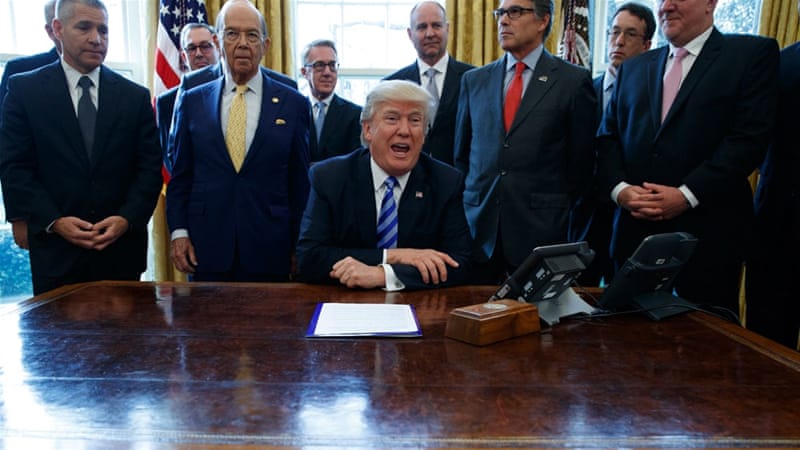Two studies were published in the journal JAMA Internal Medicine on Monday that have found that medical and recreational marijuana being available is connected to lower rates of opiate prescribing.
The first study was conducted by Hefei Wen of the University of Kentucky and Jason M. Hockenberry of Emory University. The study has found that the passing of medical and recreational marijuana laws have led to Medicaid opiate prescription rates dropping 5.88% and 6.38%, respectively.
The two researchers stated, “Marijuana liberalization may serve as a component of a comprehensive package to tackle the opioid epidemic.”
The other study was conducted b Ashley C. Bradford, W. David Bradford and Amanda Abraham of the University of Georgia. This study found that at the state level, medical marijuana laws were connected to having an 8.5 percent reduction in the number of daily opioid doses filled under Medicare Part D. This is in comparison to states with out medical marijuana laws.
“These findings further strengthen arguments in favor of considering medical applications of cannabis as one tool in the policy arsenal that can be used to diminish the harm of prescription opioids,” the authors stated.




